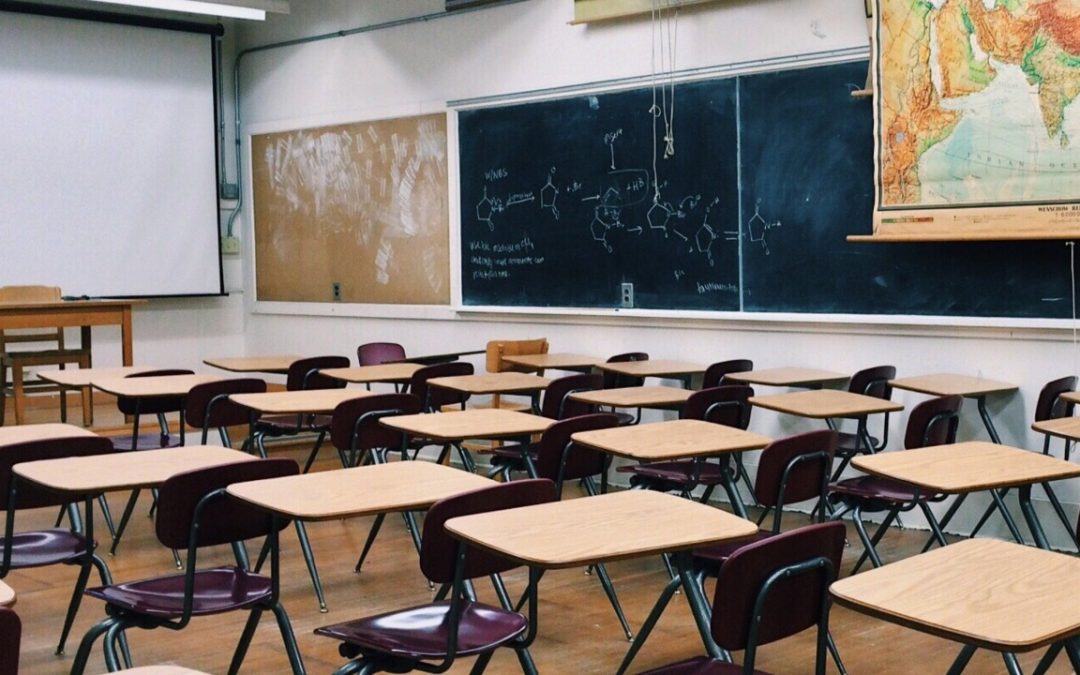
The Educational Equity in Lebanon: A Right or a Privilege?
Contributors: Bothaina Amro, Serge Boyajian, Nora Chidiac, Majd El Masri, Zainab Hodroj, Lea Zaarour
The Lebanese economic crisis has affected the country on all levels: Financial, industrial, commercial, and educational. Education is an important metric to measure a country’s development future and the fate of its citizens and economy. Countries compete on literacy rates which lead to higher economic growth and development. The project tackles Lebanon’s main source of inequity in education starting from trend comparison and assessment, main problem to solution. Unfortunately, Lebanon shows an imbalance in terms of allocation of funding for education between different governorates and districts. As a result of this imbalance, Mount Lebanon governorate ranked first in term of literacy of its residents while Baalbek-Al Hermel and Akkar governorates ranked last. Therefore, 3 datasets were collected from IMPACT (‘لمستوى التعليمي’, ‘الموارد التعليمية’, ‘تطلعات القطاع التعليمي’) to determine which governorate is in most need of educational initiatives. A detailed consolidated dashboard was created to visualize the big picture and main concepts derived from each of the datasets. As a result, Mount Lebanon, the governorate with the most educational initiatives and top literacy of residents rank, reported the most educational institutes and a low illiteracy and drop-out rate. On the other hand, Akkar and Baalbek-Hermel, two governorates in which the sum of the educational initiatives implemented is less than that of Mount Lebanon, reported the highest illiteracy and drop-out rate. This shows that educational initiatives and educational literacy are positively correlated. Henceforth, the Lebanese government must focus on shifting funds allocation between governorates and implementing educational initiatives in governorates in need, such as Akkar and Baalbek-Hermel, without neglecting other governorates.
In this project, the focus is on the educational sector’s performance during the tough conditions that the country is facing. As the parliamentary elections are near in Lebanon, this report will spread awareness on the educational sector’s need and how it can be improved.
